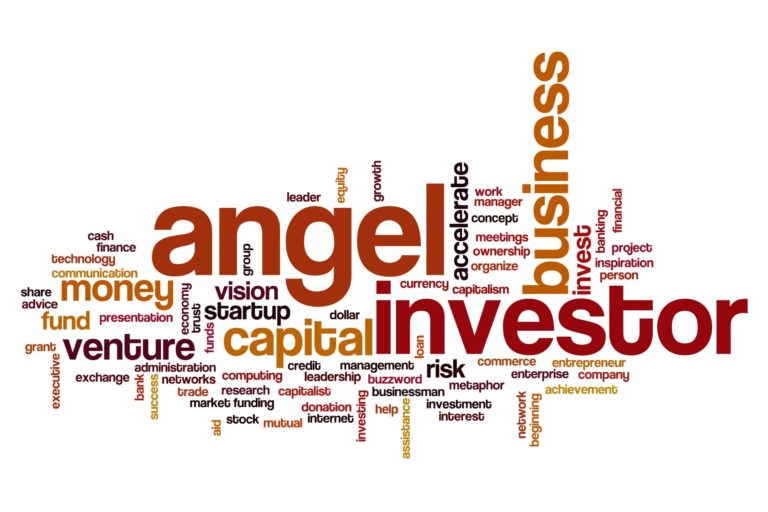A couple of decades ago, few people were familiar with the term “angel investor”. Today, it is a common label within startup communities across the country and the globe.
These individual investors in startups can thank a TV show and a professional association that promotes and educates people on angel investing for the current widespread name recognition.
Where do Angels fly?
According to the Angel Capital Association (ACA), about 300,000 people made an (angel) investment in a private small business during the last two years. Many more people could become angel investors, they say, with the potential number of angels actually reaching 4 million. The Center for Venture Research estimates that U.S. angel investors invested $24.6 billion in about 71,000 small businesses just five years ago. As Chair of the National Women’s Business Council, we recommended Congress pass a federal tax credit for angel investments, with the goal to bring more investors to the table with checkbooks.
To be clear, angels are not venture capitalists. Angels invest their own money; VC’s invest other people’s money. Angels invest in early stage companies…startups that are getting off the ground. In fact, angels provide nearly 90% of all startup capital.
So where do these angels congregate? How do you find Angel Investors? To understand where to look, you must understand who they are in the first place.
Angels have tended to be prior entrepreneurs who have since exited their companies, obviously successfully. They are innovators, mostly from the tech sector, who now want to help propel the next generation of tech disruptions through their own financial resources, as well as give back to the startup community through their mentorship. At the end of the day, though, we’re looking to make money on our investments. I’ve been an angel investor for a number of years, exclusively investing in business-to-business software startups. I was a software company co-founder which exited about 20 years ago.
Angels invest across a wide variety of industry verticals, especially in all types of technology – cyber, fintech, cleantech, healthtech, HRtech and more. Most angels gravitate to investing in industry startups matching their background, but that’s not always a hard rule. Since I like to serve as an advisor to the entrepreneur that gets my check, I stick to what I know: software.
So given those attributes of angels, communities with a lively startup ecosystem that supports innovation tend to have a robust angel network. The DMV hits this description. But where are they, you ask?
Most angels belong to one or more angel groups. Groups include multiple accredited investors, meet regularly, source and invite founders seeking funding to present to the group, and overall make it easy for investors to see some of the best deals in the region. At the same time, groups enable founders to pitch to many investors simultaneously instead of trying to find each of us separately.
Finding the angel groups is easier than you think. Service providers (lawyers, accountants, consultants), higher education entrepreneurship centers (Dingman Center, for example), incubators (Halcyon and Betamore for instance) and state-run economic development organizations (TEDCO and CIT) all have contacts and connections to the DC area’s angel groups. In the DMV alone, we have more than 10 groups that are active and writing checks. Local founders need only to work their network for an introduction. And, once you pitch to one, there’s a tendency for those members to open doors to other angel groups. New groups are springing up all the time. A recent newcomer is Citrine Angels, comprised of female investors exclusively investing in female-founded companies.
Like many entrepreneurs-turned-angels, I enjoy helping new companies, leveraging not just my money, but my experience to help them become successful. I’m happy to tell you more about how to find angel investors, review your deal, or introduce you to my angel group or any of the others I know. So, entrepreneurs become angels to help other entrepreneurs who might one day become angels. Let’s keep the cycle going.
Learning how angel investing works is critical to your success as an investor and no better way to do that than by participating in our local angel ecosystem. For more information about angel investing, check out our blog, How does Angel Investing Work?
Liz Sara is founder & CEO of the B2B marketing strategy firm, Best Marketing, a NEXT Partner. In addition to her angel investing activities, she is the Chair of the National Women’s Business Council, a federal agency that supports women business owners around the country.



